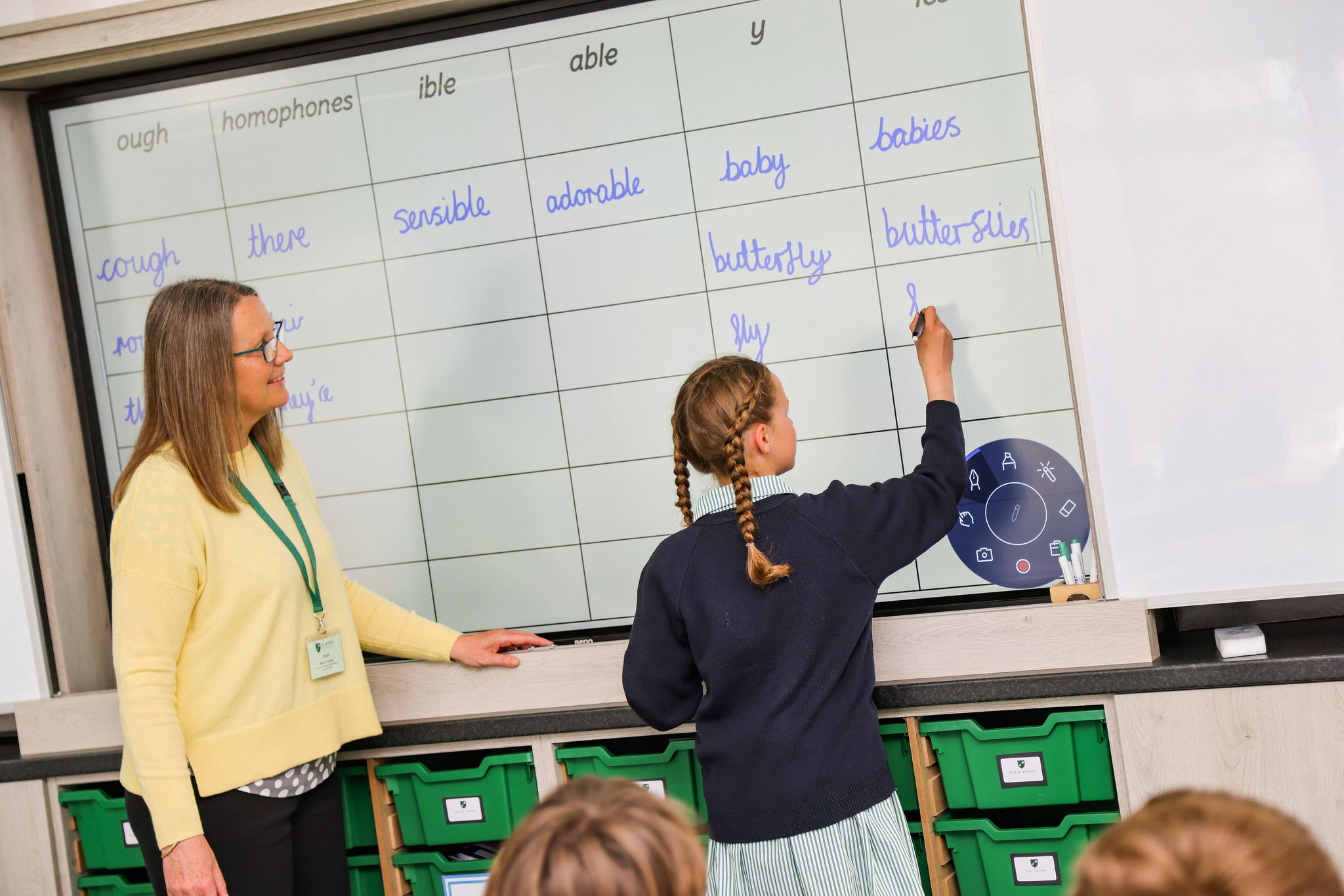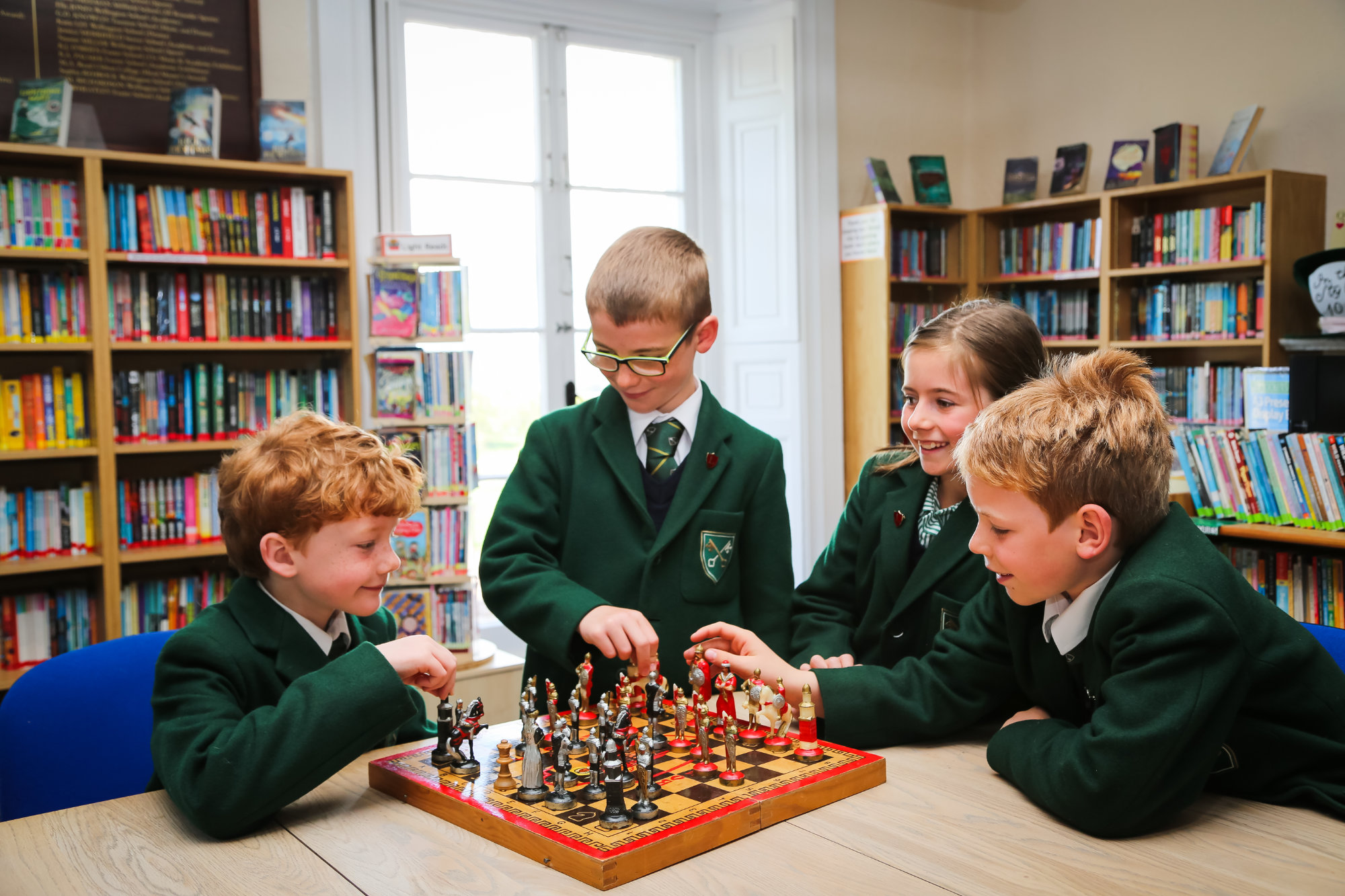Discovering how your child is getting on at school is important. It allows you to understand their academic development and how you can best support them – whether that’s in the classroom or socially.
No one knows your child’s academic development better than their teacher, this is why it is good to ask teachers questions about your child’s education and how you as a parent can get more involved and help your child in areas they may struggle with.
Here are some of the most useful questions to ask your child’s teacher in order to find out more about their learning and happiness at school, whether it’s during parents evening or just a quick catch up.
1. What Has Been My Child’s Greatest Success This Term?
Many children don’t talk about what they have learnt at school, even if you ask how their day’s been or what they have been up to. So asking their teacher how well they are doing allows you to have a better understanding of your child’s strengths.
Give your little one positive feedback and praise where due. This will lead to your child’s self-esteem increasing and may even encourage them to become more open with their communication, knowing that you care about their education.
2. What’s The Biggest Challenge for My Child?
Whether it’s upcoming tests, not paying attention in class, or an issue with another pupil, asking the teacher what they think your child is struggling with, can allow you to understand and help your child to overcome these challenges. You can also ask if there is anything you can do to help at home, ensuring that your child gets the most out of their education.

3. How Easily Does My Child Make and Maintain Friendships?
All parents want their children to be happy and get on with other students at school but, unfortunately, sometimes this is easier said than done. Being happy at school is really important, it allows your child to be more focussed and engaged during class, retaining more information.
Friendships play a huge part in children’s happiness during not only their education but throughout life. It may be a good idea to discover who they enjoy playing with so that you can nurture friendships outside of school.
4. What Can We Do to Help at Home?
Having a good balance with school and home life is key for your child. If you are unsure how to help your little one with their academic development at home, ask the teacher what they recommended.
Whether it’s helping your child with their homework, reading to them before bed or trying to improve their concentration, teachers will have many tips and tricks that offer your child support from home.
5. How Do You Reward My Child’s Good Behaviour?
Every child needs something different that will encourage and motivate them, most teachers will recognise this and adapt the rewards system to each individual child.
For example some children may like to see that they have been good, this can be shown by a sticker chart, adding a sticker every time they achieve something new or do something that should be praised. Whereas other children may prefer verbal feedback and just be told that they have done a great job. Every child is different which is why it is important for teachers to adapt certain systems in place.
This could also be helpful for your child at home as it will allow you to know that if the particular reward system works at school, it could work at home too.

6. What Approaches Have Allowed My Child to Make the Most Progress?
By asking this question it allows you to see how your child’s teacher tailors each teaching method to every student as all children have different ways of learning and understanding things. It also helps to highlight your child’s strengths in their learning and development at school.
If their teacher says that a particular approach works well, you could try using this in other areas that your child may find challenging.
7. How Can We Keep in Touch About My Child’s Learning?
Keeping in touch with your child’s teacher is really important, it allows you to be more involved in your child’s learning and keep up to date with everything. It also makes it easier for the teacher to express any concerns they may have. Whether it’s having weekly or monthly chats after school or updates via email, this will allow you to give your child the best educational opportunities.
Here at St Peter’s Prep, an independent primary school, we love giving feedback to our students’ parents/carers. We believe it can be very beneficial for the children to have a good school and home life. So keeping in touch with parents, be it via email, or a quick catch up every now and then, can be brilliant for children’s academic development. It allows them to work on areas they may struggle with outside of the classroom in an environment they are very familiar and comfortable with.
If you have any queries or would like to get in contact with your child’s teachers here at St Peter’s Prep, please don’t hesitate to get in contact.










